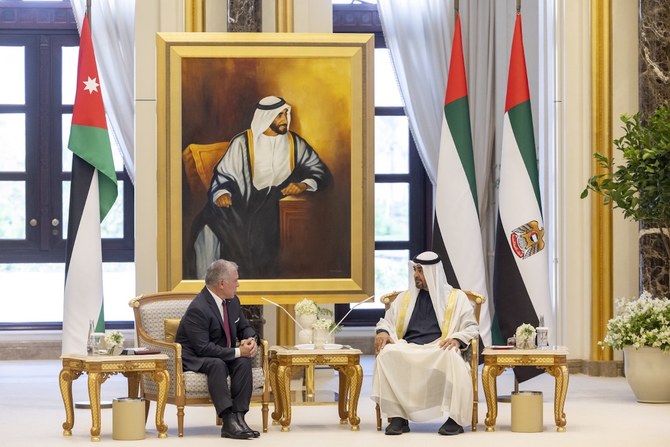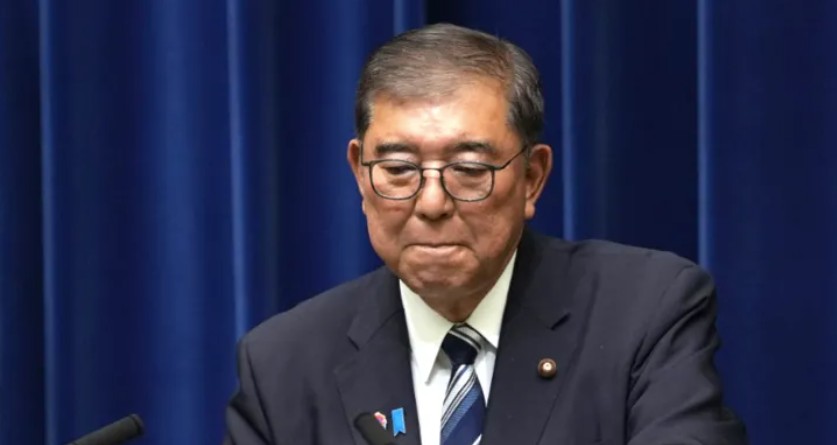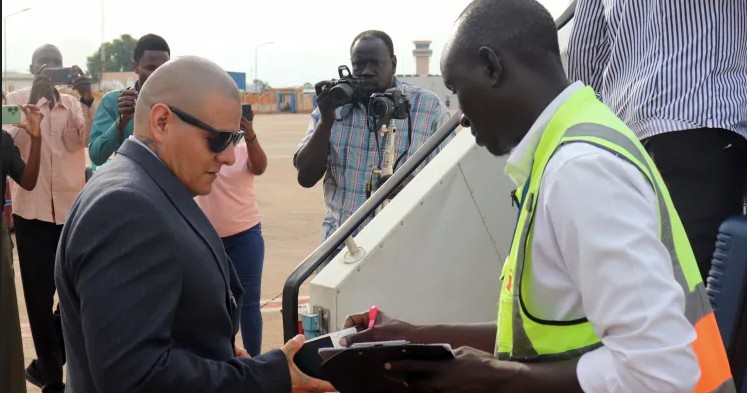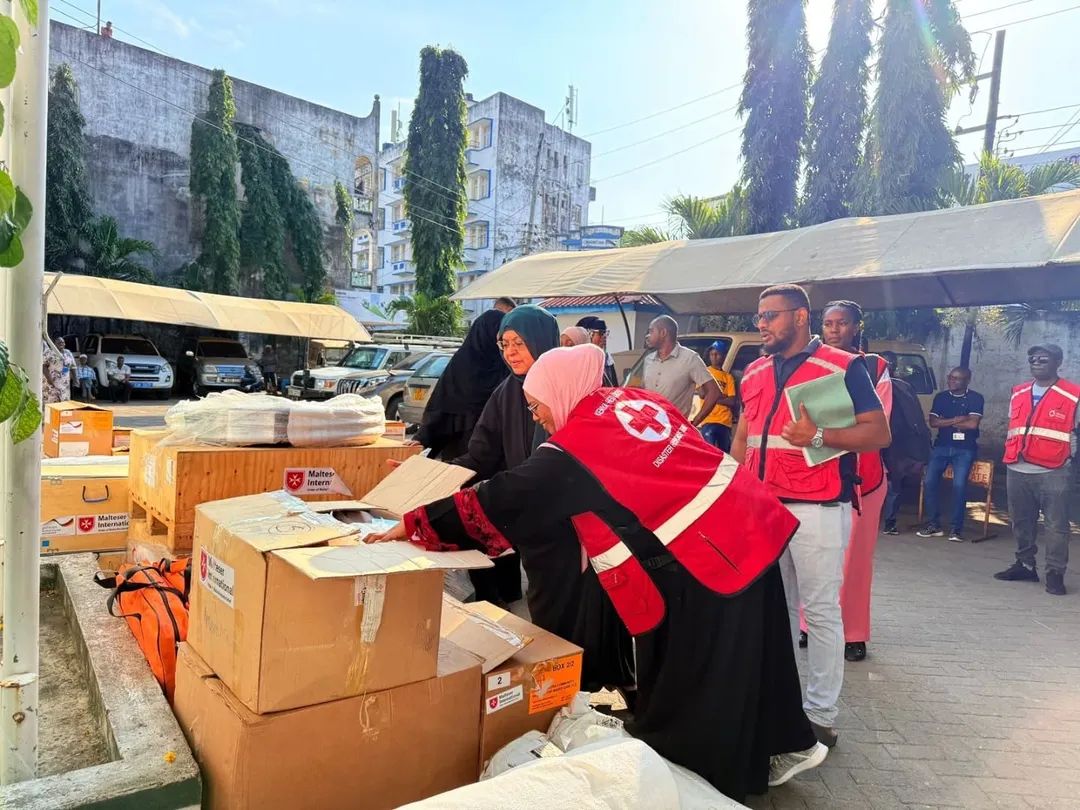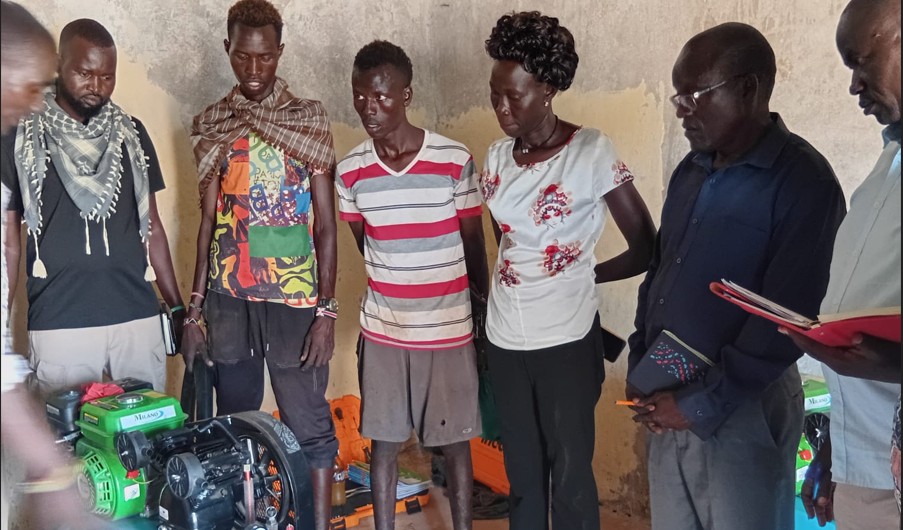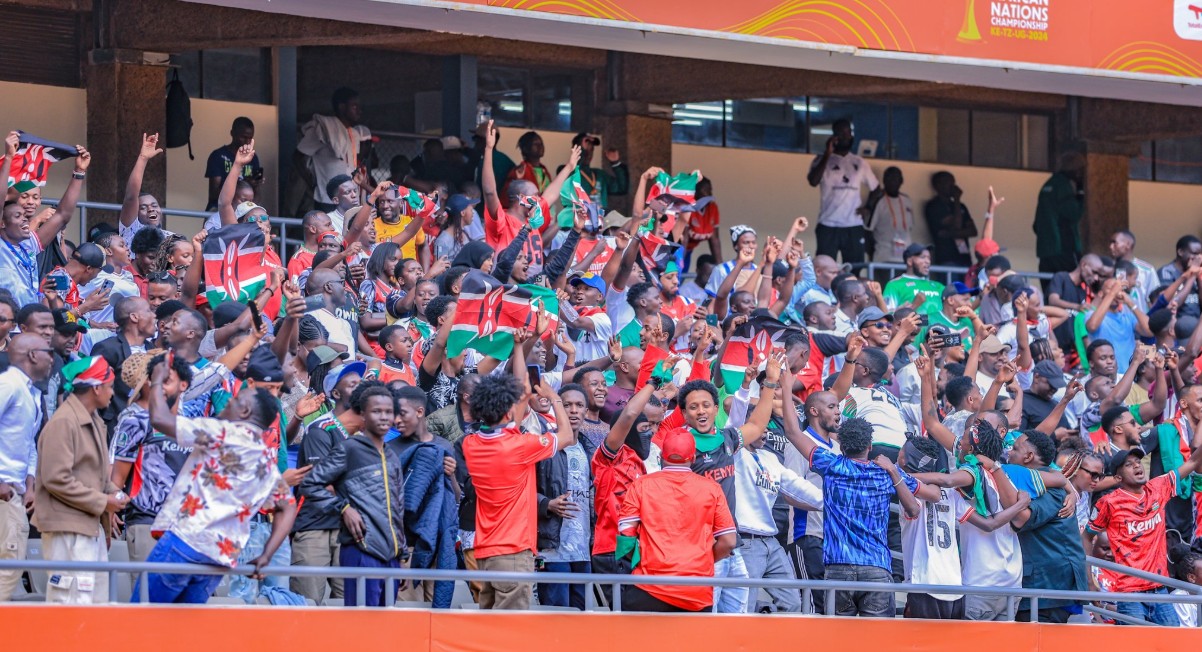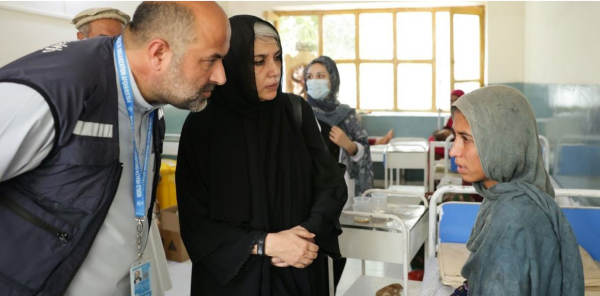MPs reject proposal to divert road maintenance funds for administrative use
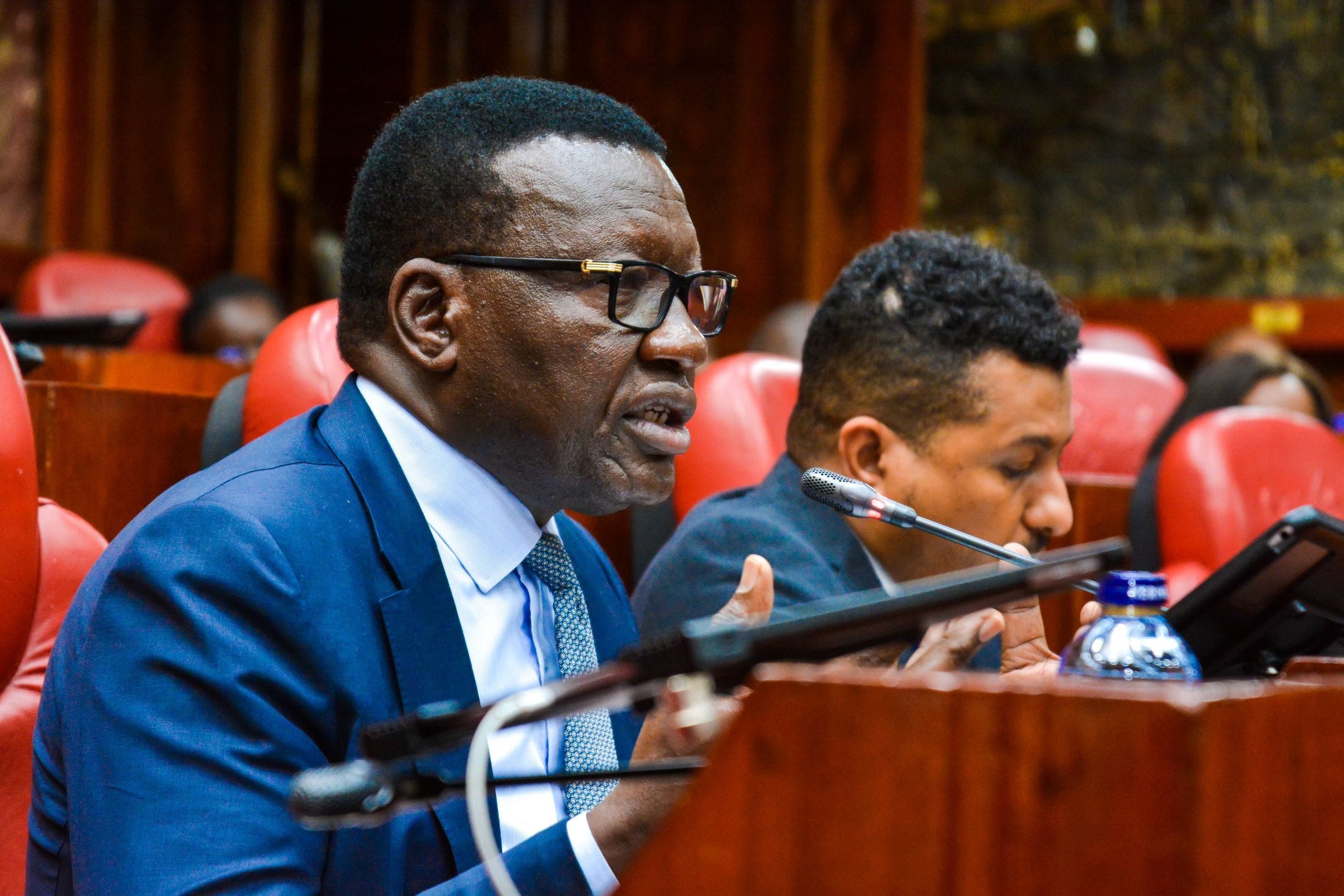
MPs questioned the legality and necessity of allocating 1.5 per cent of the Fund to the State Department of Roads and retaining 10 per cent for “critical interventions,” warning it could set a dangerous precedent.
Members of Parliament have criticised proposed changes to the Kenya Roads (Amendment) Bill, 2025, accusing Roads and Transport Cabinet Secretary Davis Chirchir of seeking to divert the Road Maintenance Levy Fund (RMLF) for administrative purposes rather than road development.
The legislators questioned the legality and necessity of allocating 1.5 per cent of the Fund to the State Department of Roads and retaining 10 per cent for “critical interventions,” warning it could set a dangerous precedent.
More To Read
- CS Chirchir defends Sh175 billion infrastructure bond, assures it won’t raise public debt
- Counties poised for share of road maintenance levy under new Bill
- Government proposes national tolling policy to fund road development
- Ruto signs laws to regulate gambling, shorten tenure of roads agency bosses
- Kebs on the spot as MPs order withdrawal of disputed levy regulations
- KURA defends Sh175 billion roadworks deal as contractors waive 35 per cent interest on pending bills
Chirchir appeared before the National Assembly’s Committee on Transport and Infrastructure on Thursday to present the Ministry’s submissions on the Bill, which is sponsored by Homa Bay Town MP Peter Kaluma and is under review by the committee chaired by Ndia MP George Kariuki.
Accompanied by Roads Principal Secretary Joseph Mbugua, the CS said the Ministry had carefully reviewed the Bill and proposed amendments aimed at strengthening it and aligning it with national infrastructure development goals.
One of the key changes proposed by the Ministry is to amend Section 47B(1) to state, “A public road shall bear signage including its classification, road code, including the level of government responsible for its maintenance, rehabilitation and development.”
Chirchir argued that road identification depends on both classification and numbering, and that the amendment would promote transparency and accountability in road management.
The Ministry is also seeking to revise the definition of Secondary National Trunk Road C to “Roads linking major designated towns and forming a continuous network with A and B roads.”
The suggestion drew concern from MPs, who warned it could exclude marginalised areas without designated towns, particularly in Northern Kenya.
“Are we not Kenyans?” We do not wish to lament all the time, but the Northern part of this country has been marginalised for so long. I plead with this committee and the CS to take drastic steps to develop the area instead of further marginalisation,” Wajir North MP Abdi Saney said.
On financing provisions, Chirchir acknowledged that allocations from the RMLF to agencies had been reduced to allow county governments to participate. He added that a portion of the Fund would be used under a securitisation model to accelerate development and complete road projects currently under contract.
The Ministry’s proposal to allocate 1.5 per cent of the RMLF to the State Department of Roads, Chirchir said, would enable the Department to carry out monitoring, evaluation and quality assurance audits to ensure adherence to prescribed road standards.
“This will ensure the funds are applied according to national standards for both development and maintenance through effective oversight mechanisms,” Chirchir told the committee.
However, MPs, including Nyaribari Chache MP Zaheer Jhanda, questioned the rationale and legality of this arrangement.
“CS, the Bill proposes a 1.5 per cent allocation of the RMLF to the Roads Department. Could you clarify what exactly this ‘Roads Department’ refers to and its role? Would this not create a parallel funding structure outside the direct oversight of the Kenya Roads Board?” Jhanda posed.
He further pointed out that no state department in Kenya currently receives operational funding outside the National Treasury.
Other Topics To Read
“All state departments are funded via Treasury. This would be the first time a department receives special funds for operations. What is the justification for this?” he posed.
Committee chair also Ndia MP George Kariuki pressed Chirchir to clarify the criteria for defining “critical interventions” under the proposed 10 per cent retention of the RMLF, stressing the need for guidelines to prevent misuse.
After extended deliberations, members voiced unanimous reservations about diverting RMLF resources to administrative purposes, insisting the Fund should remain focused on road maintenance and development.
The committee is still receiving submissions from other stakeholders and is expected to consolidate its findings and table a final report in the coming weeks.
Top Stories Today
